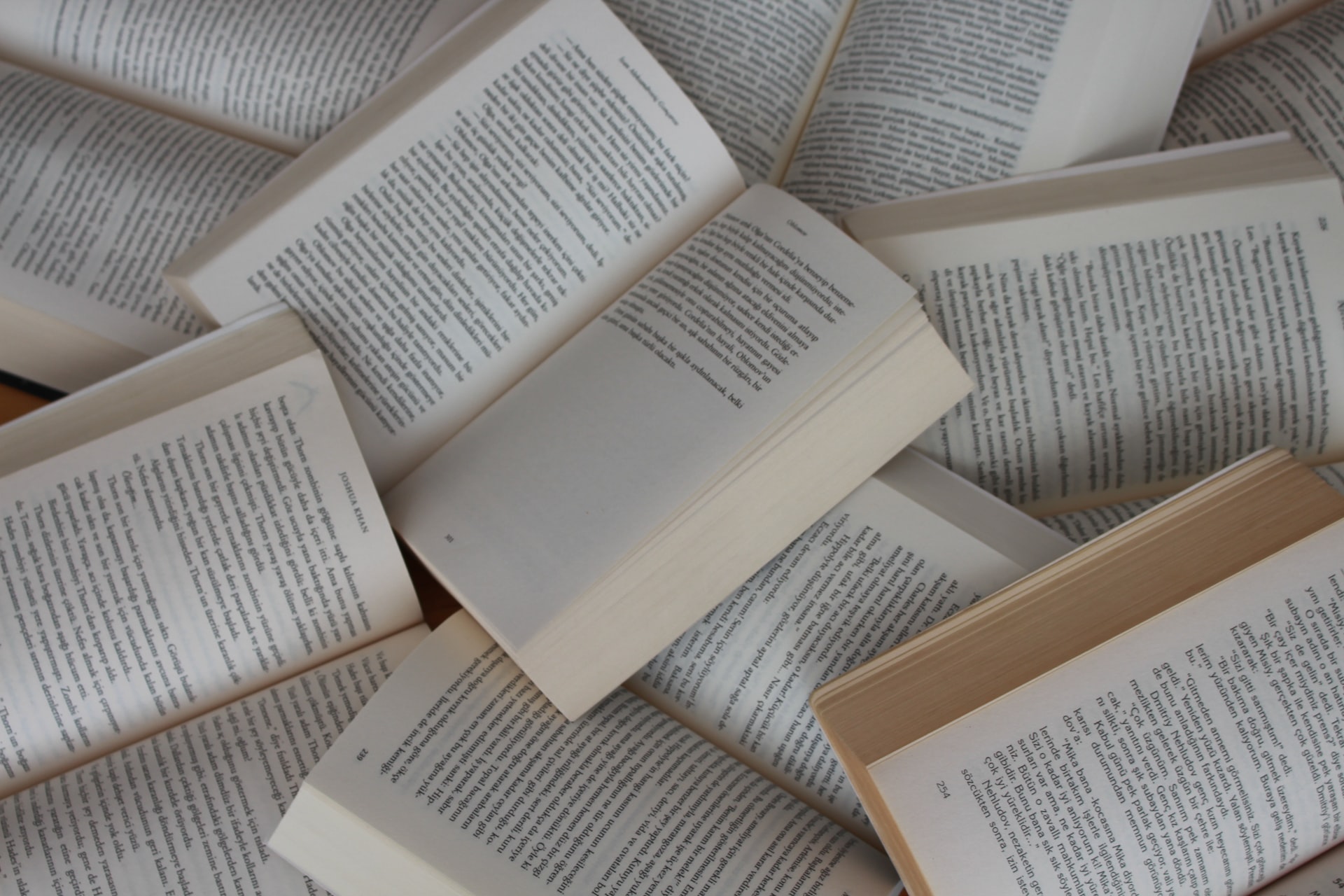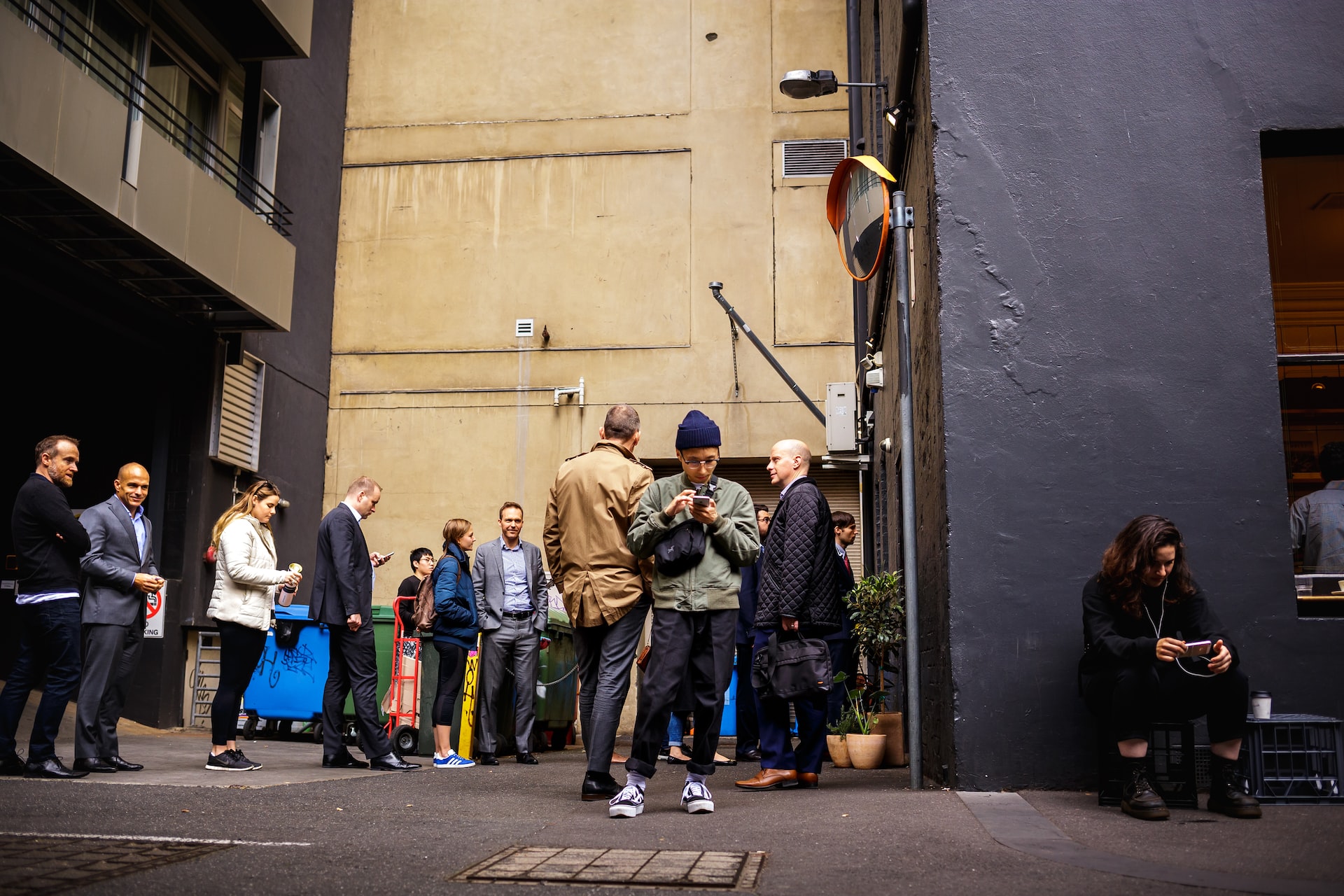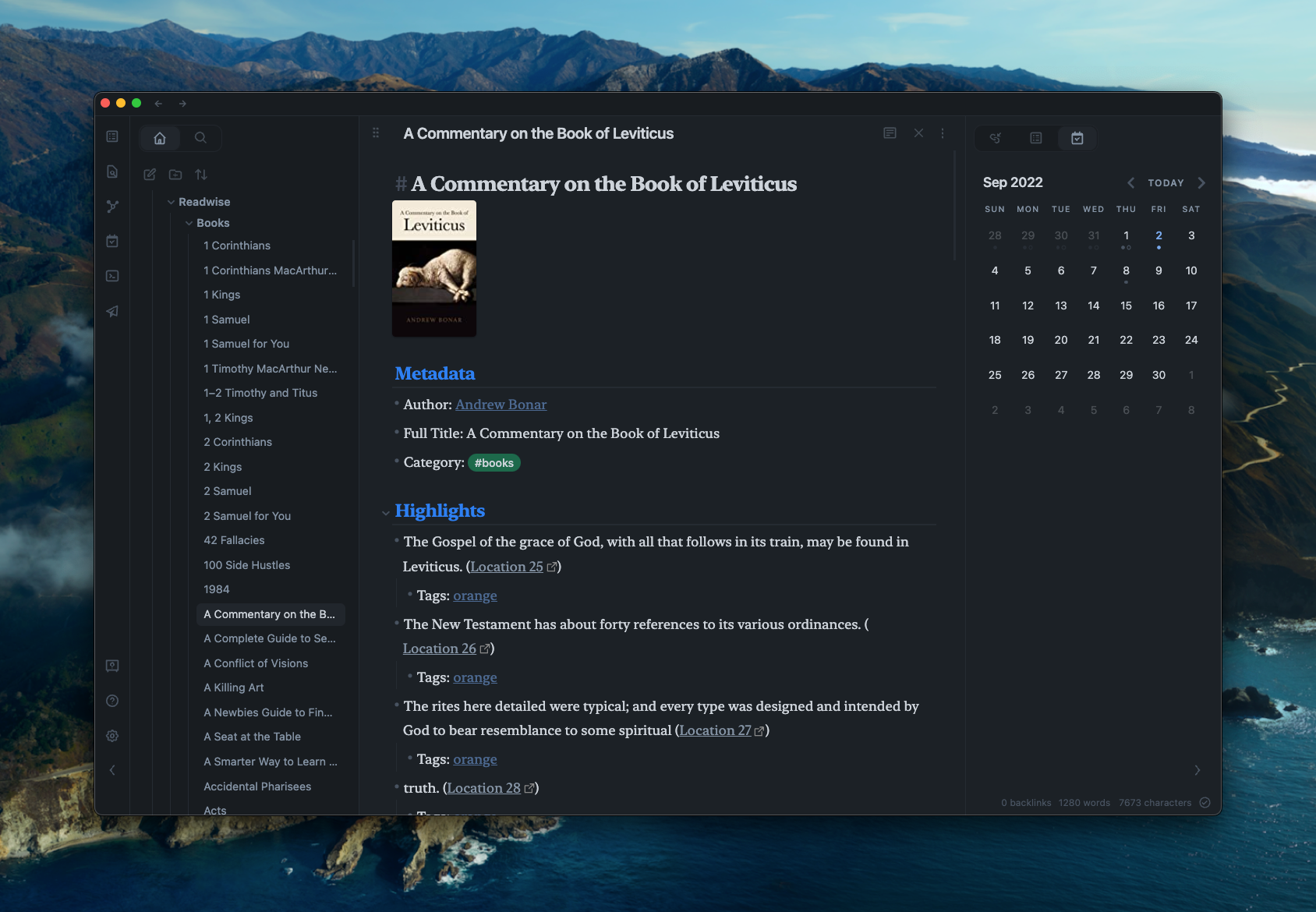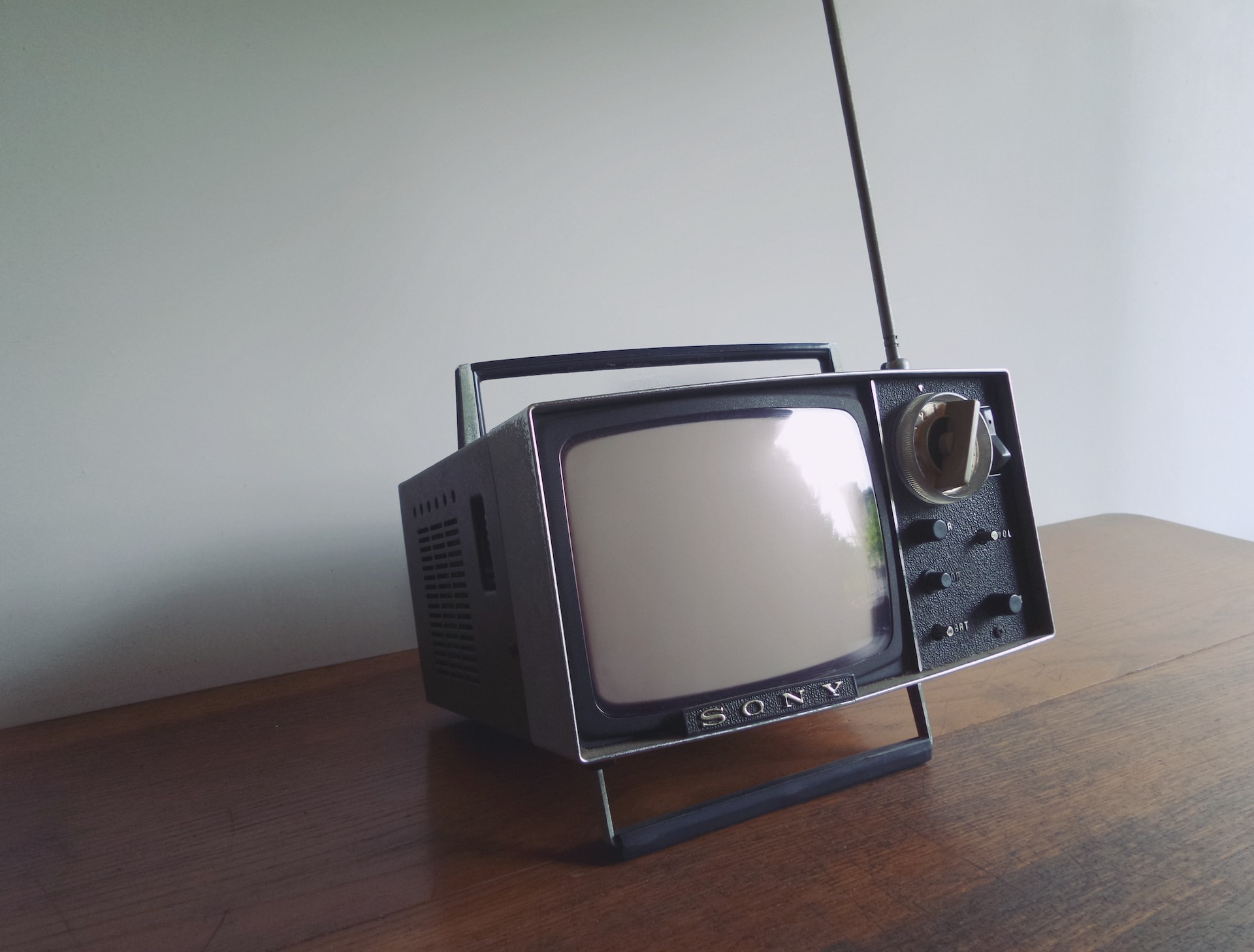How To Read
Ryan Hayden • September 2, 2022
preaching reading books productivity
As a pastor, I have to put out a huge amount of content. Not only do I have to write three sermons every week, I deliver those sermons to the same group of people who have been listening to me crank out three sermons every week for the last eleven years. My fear has always been that I would become boring, and that I would end up telling the same stories over and over again and that my sermons would eventually be just a bunch of my favorite sound bites and platitudes.
The only ways I know to combat that are: - Study well - Write out each sermon - Read a ton of books
In this post I want to give you ten tips for that third item.
In addition to Bible reading and anything I'm reading for sermons (like commentaries), I've read at least two books each month since I was seventeen years old. I'm convinced that, if anybody finds me interesting or convincing, this habit is probably a big part of it.
So here are ten quick tips on how to read more:
1. Invest in reading.
I spend a ton of money on reading, and I consider all of the money money well spent. Just as I wouldn't begrudge a finish carpenter spending money on his truck and his tools - books are my tools. I probably spend between $50 and $100 per month on reading and I have always spent money on books - even when I was a poor college student.

Currently I have the best Amazon Kindle they make (the Kindle Oasis). At $350, it's a very expensive E-reader - but it works very, very well. Unlike other e-readers, it's fast, it's waterproof, it has physical buttons for turning the pages and it has plenty of space for my huge ebook library. While I do like physical books, the kindle lets me carry my entire library with me wherever I go.
I also have paid for a monthly Audible subscription ($15/mo) and I pay ($8/mo) for a service called Readwise. (More on these later.)
2. Follow your interests.
I read all kinds of books: I read about history. I read about science. I read a lot of business books. I read books about computer programming. I read biographies. I read memoirs. I read classic novels. I read thriller novels. I read self-help books. I read true crime stories. I read ministry books.
Basically, if I'm interested in it, I read it. I don't think it's really possible to read a lot over many years if you aren't interested in what you are reading.
3. Read many books at a time.
At any given time, I'm probably reading five books and have five more on deck. If I get bored with one book, I just pick up another and then come back to that one later. I know this doesn't work for everybody, but my brain is very good at switching channels and then coming back to where I left off.
Spurgeon said "Change in labour is recreation" and I heartily agree. I rarely make myself keep reading something, and if I just can't get into a book, I may lay it aside indefinitely.
On that note, when it comes to books, I'm a proud quitter. Most of the good stuff in a book is in the beginning anyways. So if I get halfway through a book and it starts getting boring, I usually lay it aside.
4. Read in small bursts.
A lot of people don't read because they think they need hours alone sitting in a brown leather armchair by a fireplace in a wood paneled study. I have five kids and two jobs. The only time I get uninterrupted alone time is when I'm away traveling or when I'm super sick.
95% of my reading sessions probably last less than five minutes. The trick is to get many of them in a day. There are probably a half dozen times a day when I get just a few minutes to read. Times like:
- Between meetings.
- While I'm waiting on a train.
- When I'm standing in line.
- When I'm feeding my infant a bottle.
 Those little times add up. In order to make this happen, you have to...
Those little times add up. In order to make this happen, you have to...
5. Keep a book handy always.
I am almost never without either my Kindle, my iPad or my Phone and I read on all three devices. I am also a big fan of audiobooks. If I'm driving somewhere, I'm listening to an audiobook. On my daily walk, I listen to an audiobook. If I have to sweep the floor or I'm helping cook dinner, I listen to an audiobook.
If that book is really good, I'll sometimes buy the kindle version too, so I can...
6. Take smart notes.
Every preacher or writer should have a note system where they track and digest what they are reading. I highly recommend you read the books How to Take Smart Notes by Sönke Ahrens and Building a Second Brain by Tiago Forte. In my case, I use an app called Obsidian as my second brain.

Obsidian is where I: - Write my sermons - Write these blog posts - Keep track of my daily todos and meetings - Take meeting notes - And process what I'm reading or listening to.
To help with that last one, I pay for a service called readwise. Readwise does two simple things for me I'm willing to pay for: - It syncs all of my Kindle highlights with my Obsidian vault. - It sends me a daily email with five random things I've highlighted in the past.
But there is more to taking smart notes than just saving your highlights. You have to summarize what you read in your own words, you have to think about how you might use that thing you learned later, and you have to store it in a way that you can access it when you need it. This is way out of the scope of this article.
7. Make friends who read.
Reading is a lot more fun when you have people you can talk about it with. I'm fortunate to work every day with several people who read. Luke Miller and Dan Irmler in particular are always recommending books and we have very similar interests. Even if I don't tell them about it, if I'm reading something, they usually are too and we often have great conversations about what we are reading. I also have missionary and pastor friends who are always recommending books and I appreciate those recommendations.
8. Follow footnotes
Another great way to find things to read is to follow footnotes. If I like something I'm reading, but want to go deeper and understand where the author's ideas came from - I usually look at his footnotes or end notes. Some of the most interesting books I've read I found this way.
9. Give yourself an escape valve
Here is a confession: sometimes I read junk on purpose.
Sometimes I'll read young adult fiction. I'll say I'm reading it so I know what the kids are into, but in actuality it's just fun and gives my brain a break. Sometimes I like to read spy novels or humor books (like Dave Barry.)
I find that reading fiction has the added benefit of coloring my speech. If all you read is commentaries - you'll start to sound like a commentary and nobody wants to have a conversation with a commentary while they are roasting their smores.
Finally...
10. Turn off the TV.
You do not have unlimited time. So if you are going to read a lot, you have to let something else go. For me, that is TV.

About the only time I watch TV is with my wife before we go to bed. Currently, we are working through early seasons of NCIS and I usually fall asleep five minutes into the show. (I see enough to get the gory part, but not enough to find out the resolution of the story, I wander what this does to my dreams.)
I love sports, but I prefer to watch the key plays or read a summary and then once or twice a year I'll set aside some time to watch a full game.
Basically, you can either watch a lot of TV, or you can read a lot - but you can't do both.

Comments powered by Talkyard.